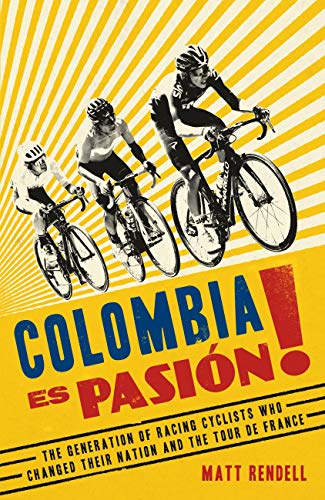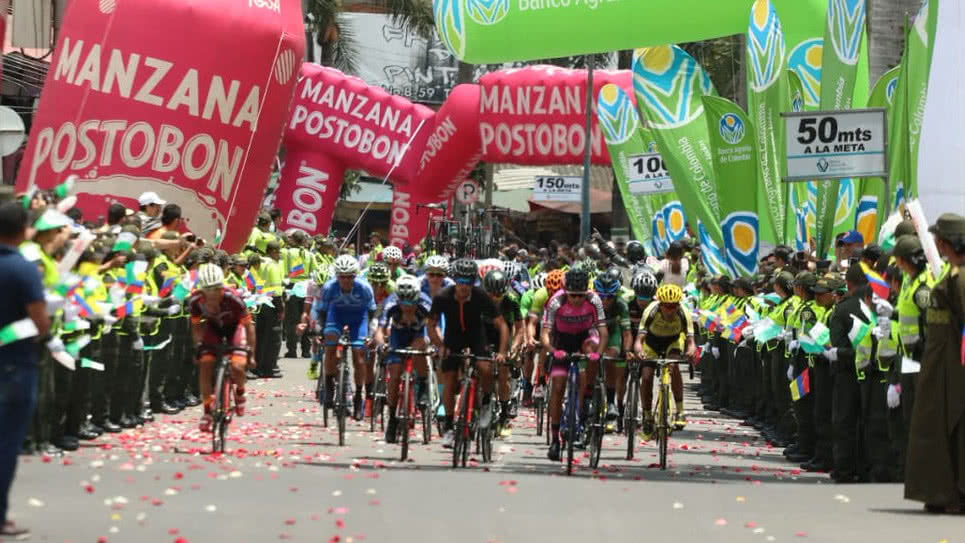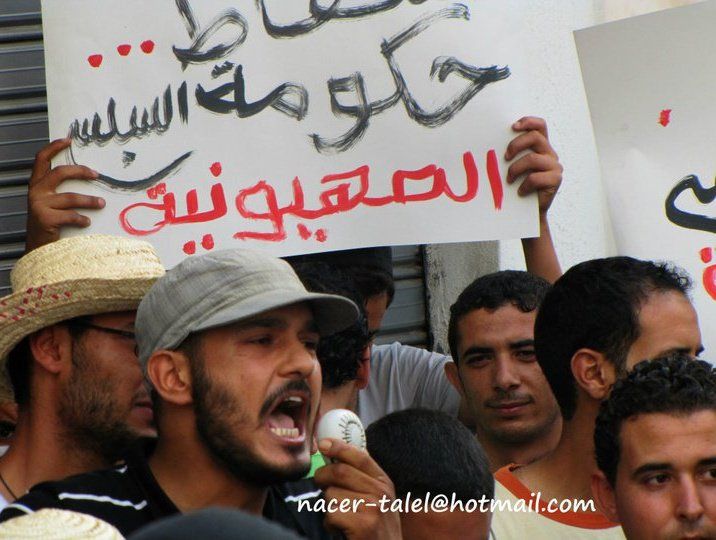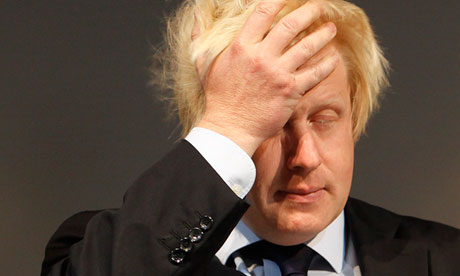
Last year, Egan Bernal became the first Colombian to ride to Tour de France success, despite the sport being engrained in this Latin American country’s psyche – Gabriel Garcia Marquez once wrote a cycling biography in the 1950s. The youngest rider in the race, and the youngest Tour de France winner for 110 years, Bernal’s victory was probably less of a surprise than those incredible stats suggest. Not only did he ride for the strongest team in the sport – his team, Ineos, have in various guises won the Tour seven times in eight years – but as experienced cycling journalist and author Rendell suggests in this forensic dive into contemporary Colombian cycling culture, Bernal was harvesting what had been sown by his immediate predecessors; Nairo Quintana, Rigoberto Uran, Esteban Chaves, Miguel Angel Lopez.
And harvesting is probably the right word. What Rendell finds time and again in these connected pen portraits of 21st century Colombian cycling talent is that the great majority are from peasant farming stock. Los campesinos could, suggests Rendall, “apply the traditional peasant virtues of patience and persistence, lucid observation and the stoic forbearance of physical pain” into cycling.
And while that might seem like a romantic, even trite assertion elsewhere in the world, the great joy of Colombia Es Pasión is that Rendell makes it ring true. He has an experienced journalist’s eye for a great story and every rags-to-riches tale here is laced with eye-opening stories of incredible forbearance.
When Nairo Quintana was growing up, the rural economy in which he lived was in crisis, the agricultural land his family worked was repossessed and they had to grow their own to survive. He would combine school with working on the fruit markets and saved to buy himself an old mountain bike. His first cycling shorts were hand-me downs.
But Colombia did have a system of sorts which it hoped would change the narrative about its country. The Columbia Es Pasión team was set up in 2005 to transform the image of Colombia abroad. Rendell finds much irony in the fact that a country beset by its association with violence and the cocaine trade set up a team to change that narrative – in a country where more than 50 cyclists in the Vuelta A Colombia had tested positive for EPO.
Rendall is very good on the political context here. And necessarily so – it’s not politics that happens somewhere else to these cyclists. Winner Anacona’s father was shot in the leg by a paramilitary in Muzo, Rigaberto Uran’s father murdered by the river. Fifteen at the time, Uran took up his father’s lottery ticket round and put his mind to cycling.
In a sense, then, this new generation of cyclists Rendell explores have beaten poverty, violence and corruption and genuinely been able to tell a new story via two wheels of a more peaceful, happier nation. Often, that story has been messy – the governance of cycling and indeed the country itself is complex – and it’s to Rendell’s credit that he reflects the thorny issues in a non-linear, discursive structure. Necessarily, perhaps, as the stories of each cyclist’s rise to glory can get slightly repetitive after a while.
So what did Bernal’s win at the Tour de France actually mean? Rendell talks of Colombia’s success being a ‘triumph of normalisation’, allowing the country to be a much more ordinary member of the global community than ever before. But it’s also allowed los campesinos to protect their identity too. It’s a hopeful, happy ending to an incredible story.
Colombia Es Pasion (Weidenfeld and Nicolson) is out now. A shorter version of this review appeared in The Observer in March


